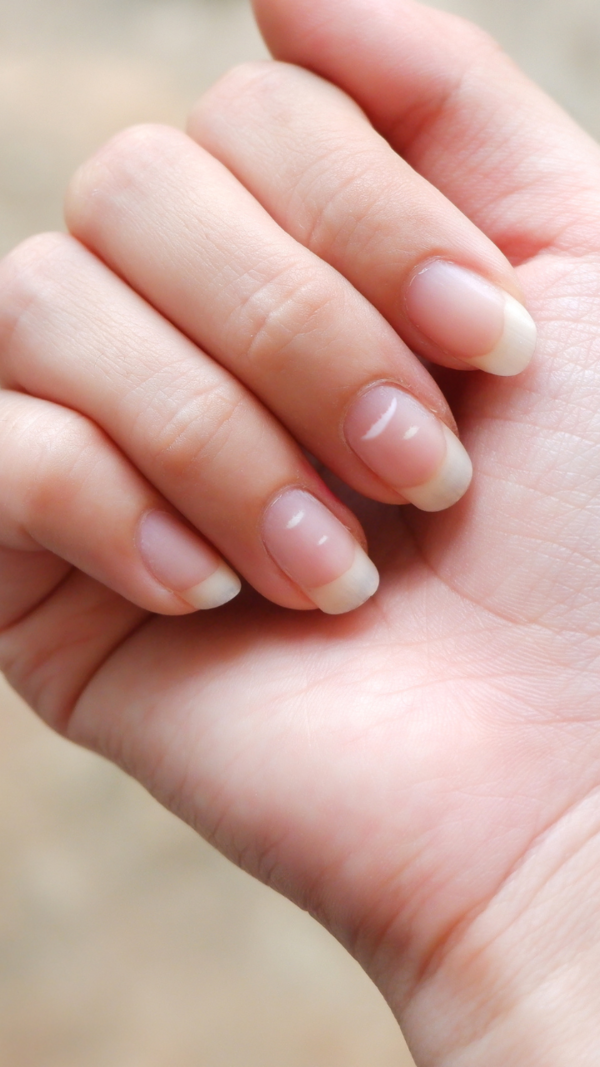- News
- India News
- Times Evoke News
- Can sweet dreams be made of these?
Trending
Can sweet dreams be made of these?
The global consumption of sugar and chocolate has caused extensive environmental damage and social exploitation, including deforestation and the use of child labor. These industries also contribute to major public health issues. However, increasing awareness and sustainable practices offer hope for a more equitable and eco-friendly future.
Who among us has not enjoyed the transient pleasures of a little sugar? A bite of biscuit, a slice of cake, even the simple act of stirring sugar into a cup of something warm, all these constitute a deeply individual moment, a tiny space of solitude in the hectic race of humanity.
Worldwide, people enjoy a sugar rush which, they hope, passes — the global consumption of sugar crossed 178 million metric tons in 2024 — but, in fact, the impacts of sugar, and its sibling, chocolate, stay with us forever.
Sugar’s planetary history is remarkable. From being a locally grown product, it has expanded to 65 million acres worldwide, with a dozen countries using more than 25% of their arable land to grow it. Alongside cattle ranching, 80% of the Amazon rainforest has been cut down for growing sugarcane. Once planted, it takes 25 gallons of water to produce one pound of cane sugar — that’s a mindboggling 34 litres per teaspoon.
Meanwhile, the global chocolate market has caused the deforestation of vast stretches worldwide, cocoa decimating 2.3 million hectares just between 2001 to 2015. These industries further emit greenhouse gases, warming air, and releasing chemicals into land and water, harming ecology and species.
These transplanted entire families — in a bittersweet twist, the ancestors of VS Naipaul, the Indian-origin writer, were taken as indentured labour from Uttar Pradesh to Trinidad to grow sugar, perhaps then sprinkled over chic French pastry. Help-less child labourers still work in cocoa, over 1.5 million in Ivory Coast and Ghana alone, spraying pesticides and carrying sacks of goodies.
Ironically, commodities that harm Earth and vulnerable communities finally catch up with everybody — many of the world’s deadliest diseases, diabetes to cardiovascular illness, come from these. Yet, there are solutions — and they don’t mean plain-tasting lives.
As Times Evoke’s global experts emphasise, to manage a commodity optimally, awareness about it is crucial. As knowledge about these goods grows, emerging movements, from sustainable cocoa to fair trade sugar, seek better deals for producers, consumers and the planet. However, these efforts can only succeed if we enthusiastically track commodity trajectories. Join Times Evoke in exploring sweet dreams in their entirety — this can help save the world from further bitterness.
Stay updated with the latest India news, weather forecast for major cities like Delhi, Mumbai, Noida, and Bengaluru on Times of India.
End of Article
FOLLOW US ON SOCIAL MEDIA








